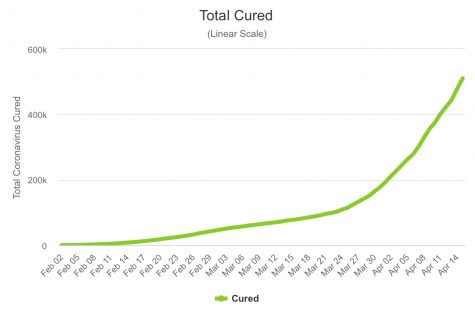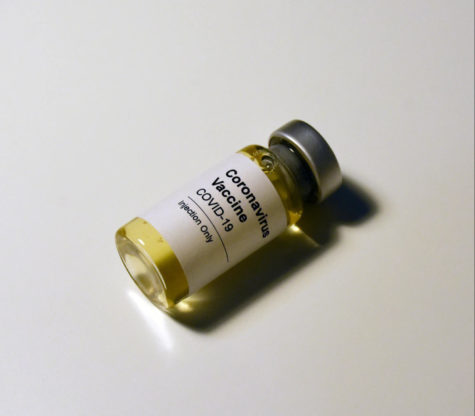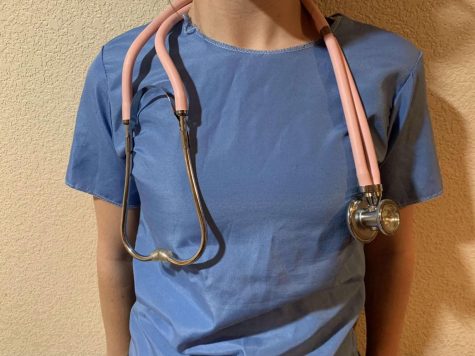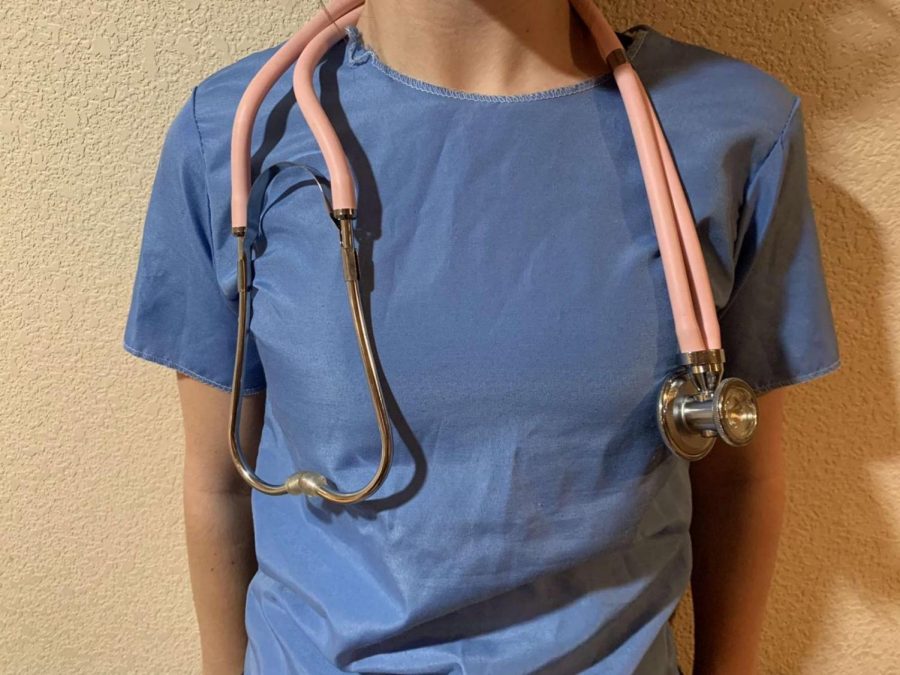What happens next with the COVID-19 virus?
Learn what you can expect from this virus and how you can play your part in ending this pandemic as soon as possible.
The Pfizer-BioNTech vaccine requires two shots given 21 days apart, and the Moderna vaccine requires two shots given 28 days apart.
The COVID-19 virus has exploded all across the globe. It has resulted in school closures, the flooding of hospitals, worldwide self quarantines, and many deaths. The only questions are: will there be a vaccine? What can we expect from the coronavirus? Most of all, how much longer will this go on?
On February 24th, it was announced by Moderna that the first batch of vaccine for the coronavirus had been completed after being worked on by medical professionals for about 42 days. It was then sent off to begin it’s testing process.
Before that, on February 7th, it was announced that there had been zero issues with the current vaccine that was being developed by governmental health programs and that it should be ready for testing within a short period of three months.
“I’m happy to tell you that there have been no glitches,” said Anthony Fauci, director of the National Institute of Allergy and Infectious Diseases, during a recent press briefing.
He then explained that, if there were no more problems in the future, “We will be in… a phase one trial within the next two and a half months.”
After the phase one trial, this vaccine would go straight to Wuhan, China to help with the massive amount of active cases there. It would most likely take some time for it to spread outwards, across the globe, from that area.
Until we have a tested and steady vaccine here in the United States, CDC and other experts highly suggest that we stay away from large social groups, wash our hands, and avoid touching our faces.
As for when life will return to “normal”, whatever that will be, experts seem to be lost. There have been predictions ranging from this lasting three more months to almost a year. However, considering the speed that the virus was controlled in Wuhan, China, it may not be as long as we think.
One thing that most experts seem to be able to agree on is that there will be more outbreaks that peak at separate times.
STAT news recently released an article where Maia Majumder, a computational epidemiologist at Boston Children’s Hospital was asked about the expectations they had for COVID-19, “It’s very feasible we’re going to see multiple city or state level outbreaks across the country in the next few weeks and months.”
“They will start at different times and they will peak at different times,” she said.
It seems we’re in it for a least a few more months.
It may feel as if we are making little to no progress, but the total number of cured COVID-19 cases all around the globe has significantly increased.

On top of that, the donations that are going to the creation of a vaccine and to support healthcare workers are increasing every day. For example, Captain Tom Moore, a WWII veteran, recently raised two million dollars for the National Health Society. Things like this are happening every day, so we can’t lose hope just yet.
As for expectations, no one can be sure of the future. But we are all working to stop the spreading virus and keep as many people healthy as we can.
No one can be sure that there will be any vaccine or relief soon. However, we will continue to stand strong as a community, raise donations, and do what we can to keep healthy.
The stay-at-home order is scheduled to be lifted on Sunday, but social distancing is still encouraged, especially for those who have symptoms or have been around others who were sick. Along with that, Colorado will be testing up to 900 total people at some of the facilities along the Front Range for the COVID-19 virus. This testing began at the Pikes Peak Center in El Paso County last Sunday. On Tuesday, testing will start at the Elms Haven Center in Adams County. On Thursday, testing should begin at the Broomfield Skilled Nursing and Rehabilitation Center in Broomfield.
The ability to test those who have symptoms has increased and is expected to continue to increase.
Bob McDonald, the executive director of Denver Department of Public Health and Environment, reported that the number of new cases is showing signs of slowing down. McDonald thinks that they should also be able to increase the testing from the hundreds to the thousands per week if things continue to go this smoothly.
For more information, visit these COVID-19 virus updates, posted April 20th.
There are small signs of a coming vaccine, hospitals are learning how to deal with the constant incoming of patients, and the total number of recovered victims continues to rise every day. In other words, there is hope.
Your donation will support the student journalists of Mead High School. Your contribution will allow us to purchase equipment and cover our annual website hosting costs.

Arizona Lee is a senior, and this is her second year as Editor-in-Chief of The Mav. She enjoys reading, listening to good music, and spending time with friends. She hopes to guide the student newspaper and broadcast this year to continued success.

Marina Goter is a Senior. She enjoys writing, watching TV, and hanging out with family. Marina is a gymnastics coach and does a lot of volunteer work. She is excited to lead the newspaper this year and help others write articles.
You can contact her at goter.marina24@svvsd.org.









